Written & Directed by Kieran Stringfellow
Produced by Tasha Williams
After spending the night in a cell, a rough sleeper has a score to settle.
Tell us a bit about yourself and your filmmaking background.
My filmmaking background, like most, comes from a pure love of cinema. As a child, I was transfixed by movies, they formed much of my earlier years. However, a career in movies was something, if I’m being honest, that I never knew existed until I dropped out of college and started googling different career paths. As soon as I came across filmmaking, I knew it was for me, and I’ve been working at it ever since.
For now, I’m moonlighting as a filmmaker whilst working a full-time job.
What was your inspiration? Why did you decide to make Bulldog?
I made Bulldog partly out of a necessity to make something, and partly due to being inspired by the new city that I had moved to at the time. I had just graduated and found myself at a bit of a crossroads – I was keen to make something, but didn’t have the kit, support, and peers that I had been accustomed to at university. So, I knew I needed to make something within my means, but without compromising on the cinematic quality.
At the same time, I was living and working in the centre of Manchester, which unfortunately has a large homeless population, especially compared to the city’s relatively small size. I was particularly disappointed by my initial reaction, and how I was quick to judge these people, assuming their circumstances were a result of their own actions. Bulldog formed my response to these assumptions, leaning into stereotypes and genre tropes to make something that would confront audiences with their own pre-conceived assumptions.
What obstacles did you overcome while in the making of this film?
Budget, time, weather, the list could go on. We didn’t really have any money, and it was just a few of us running around Manchester with a small camera, most likely breaking every filmmaking rule. Thankfully, we had a really clear vision for what we wanted to capture, and in this instance, the storyboards proved more important than the script.
But the biggest obstacle for me was probably post production. To keep costs down, I took on the edit, and it was a difficult process to say the least. With the films lack of dialogue and an obvious structure, and not to mention the fact I was editing without sound, I often struggled to make sense of what I was making. The vision that had been so clear throughout the shoot disappeared, and I was constantly doubting whether the film worked or made sense. It wasn’t until I received the score and sound design from my amazing sound designer Brian Lane, that I could be certain that we had made something of worth.
Tell us about the journey of getting your film to audiences.
Me and my producing partner had some experience of the festival circuit with our graduation short, and with Bulldog, our approach was the more the merrier. We just wanted to get the film as far and wide as possible, and with the film being a lean six minutes and featuring no dialogue, we felt it was very programmable. Unfortunately, the pandemic coincided with our festival release which meant all the festivals we got selected for transitioned to online events. But that said, it did enable us to watch so many more short films and establish relationships with people that we would never have otherwise.
Words of wisdom. What advice would you give to other filmmakers?
Be selective with the films you make. I think it’s so easy to go down the route of making anything and everything, but often that can result in work that never gets seen. For me, I found it’s more useful to let any ideas sit before I reach for the keyboard. Really deliberate and scrutinise your ideas, does it demand to be made? Because every film takes a Herculean effort to bring to screen and there’s no point in going through all that pain to make something that even you’re not 100% sure about.
What are you working on now?
Me and my producer have just boxed off our latest short which was backed by BFI Network. The film’s called Tow Truck, and we’re both excited and nervous to release it out into the wild.
We’re now in the script stages on our next short, as well as chipping away at some long-term feature length projects. Whilst a feature film is the dream, I still feel I have lots to gain from short filmmaking, and I’m keen not to rush the process.
Any film recommendations that we should add to our watchlist?
These are my go-to’s:
Distant Voices, Still Lives (Terrence Davies) – best film about dysfunctional families.
Beau Travail (Claire Denis) – best film about toxic masculinity.
The Headless Woman (Lucretia Martel) – best film about class divide.
Dust Devil (Richard Stanley) – best acid western.
Phoenix (Christian Petzold) – Just mint.

